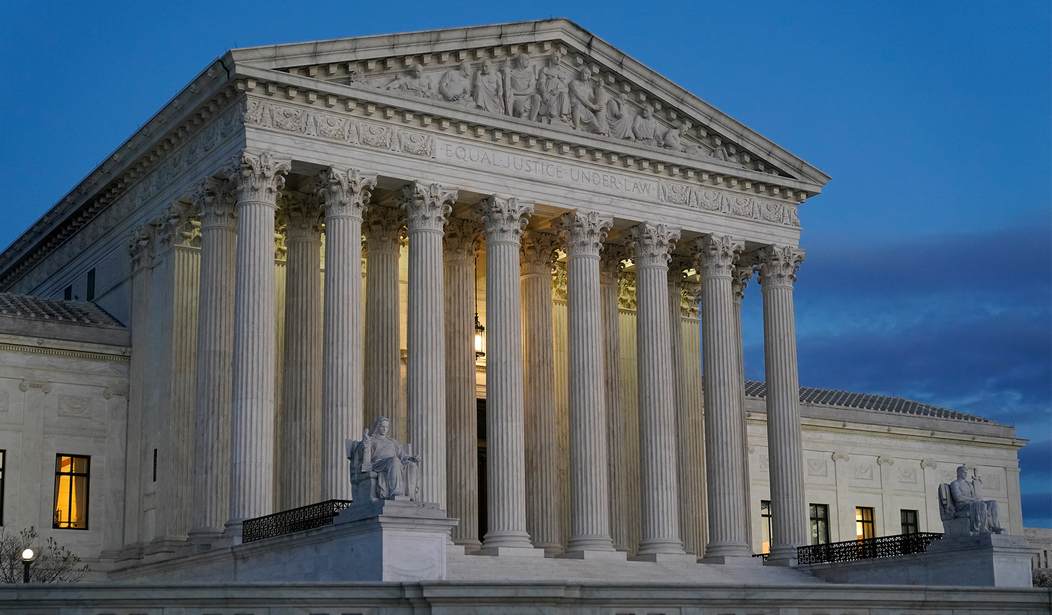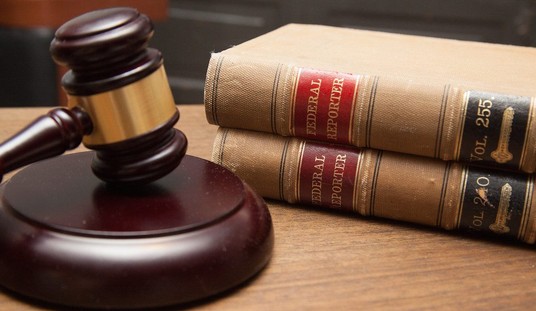Student loan forgiveness isn’t one of those things we talk about much here at Bearing Arms. That’s because we’re a Second Amendment publication. We talk about guns, not student loans.
Yet we’re also people who exist in the world at large. We see and talk about all kinds of policies as a result of that, so it’s not like we’re unfamiliar with the student loan forgiveness plan enacted by President Joe Biden that, frankly, exceeded his constitutional authority.
Now, though, that case is going to the Supreme Court, and as my friend Hannah Cox notes at Based-Politics, the implications of that case could be far broader.
At play in this case is the Major Questions Doctrine (MQD), which was mentioned in its first opinion (EPA v West Virginia) last year. MQD is a new rule of statutory interpretation which essentially says government agencies cannot act outside the bounds of the power Congress has explicitly given to them when the issue at hand carries significant economic or political weight. Student loans bailouts and the price tag they carry certainly meet the latter part of that standard.
Should the court uphold the MQD in this case and rule against the Biden Administration’s bailout (which is really a bailout for corrupt and inefficient colleges and institutions), it would not only be the end of the argument on this specific subject, it also would represent a significant new rein on government power run amok.
Hardly anything passes through Congress these days. The legislative body has largely delegated its primary duty of making laws to unelected bureaucrats, the president, and government agencies. This means the American people have little representation and little ability to pushback on bad government policies.
Now, none of this last paragraph is news to those of us who follow Second Amendment news. We’ve long seen the ATF rule arbitrarily about all sorts of things that they shouldn’t get a say in.
Perhaps most famously is the bump stock ban. They simply made up a rule banning a device, calling it a machine gun, when this is what the National Firearms Act defines as a machine gun:
(b)Machinegun
The term “machinegun” means any weapon which shoots, is designed to shoot, or can be readily restored to shoot, automatically more than one shot, without manual reloading, by a single function of the trigger. The term shall also include the frame or receiver of any such weapon, any part designed and intended solely and exclusively, or combination of parts designed and intended, for use in converting a weapon into a machinegun, and any combination of parts from which a machinegun can be assembled if such parts are in the possession or under the control of a person.
A bump stock doesn’t allow one to shoot more than one shot with a single function of the trigger. It simply speeds up how fast you can function that trigger.
So Hannah’s point here is that this case could, at least in theory, undo a lot of this sort of thing.
And it should. The Second Amendment says that our right to keep and bear arms shall not be infringed. There’s no provision in there that said it’s actually OK if Congress infringes it, so why should it be permissible for unelected bureaucrats to do so?
All of this hinges on whether the Court uses the Major Questions Doctrine, though, and we have no guarantee that will happen. The Court tends to rule fairly narrow on most things, though Bruen upset the apple cart on Second Amendment cases well beyond the scope of that case.
So it’s not out of the realm of possibility we’ll see such a thing again.
If so, hold onto your butts, because it could become a hell of a ride.








Join the conversation as a VIP Member